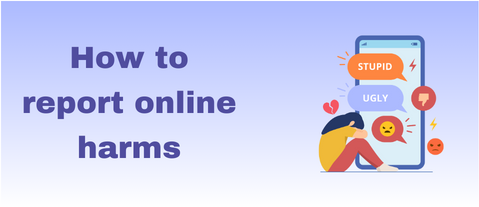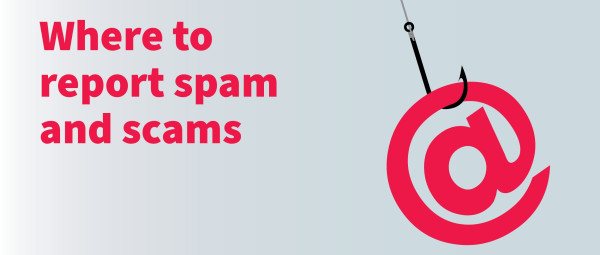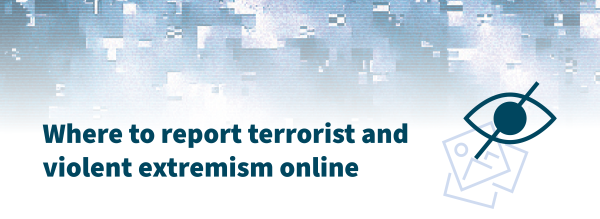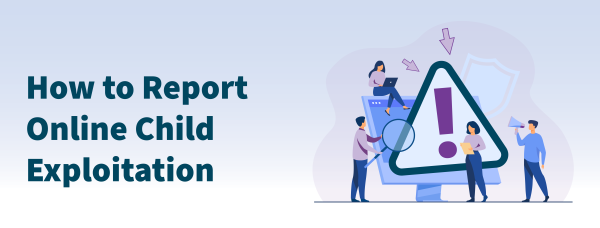Report harmful content on social media

If you’re getting bullied, abused or receiving inappropriate contact from a stranger (grooming), you can report it to Netsafe:
If you see something on social media that isn’t OK – such as bullying or harassment – you should report it to the platform:
- Facebook: How to report on Facebook
- Google: How to report on Google
- Roblox: How to report rule violations
- Instagram: How to report
- X: How to report
- Snapchat: How to report
- TiKToK: How to report
Report spam and scams

- Te Tari Taiwhenua Department of Internal Affairs Digital Messaging Team investigates complaints about spam and scams. You can report text spam for free by forwarding the spam message to 7726. You can report email spam by filling in the online form on our website.
- CERT NZ support individuals and schools who are affected by cyber security incidents such as malware attacks, business email compromise and scam websites. You can report issues to them at cert.govt.nz/report or call 0800 2378 69.
- If you have lost money in a scan or are getting threats from an online scam you should contact NZ Police at 105.police.govt.nz.
Report terrorism or violent extremism

- If you are worries about how someone you know if acting (for example they are using websites or social media to promote terrorism and violent extremism), you should call 111.
- For non-urgent reports you can contact NZ Police at police.govt.nz or on the NZ Police App, call 105 or visit your nearest Police station. You can also make a report to the New Zealand Security Intelligence Service (NZSIS) anonymously using their online form.
- Te Tari Taiwhenua Department of Internal Affairs Digital Violent Extremism Team investigates individuals who collect and share terrorist and violent extremist content online and ensures illegal content is not available to the public. You can report objectionable material on their website.
Report online child sexual exploitation

- The Covert Online Investigation team is a specialist Police unit that protects children from online abuse. If you are concerned about illegal material online, see How to report a crime or incident.
- Te Tari Taiwhenua Department of Internal Affairs Digital Child Exploitation Team investigates complaints and prosecutes people who collect and distribute child abuse material online. You can report illegal material on their website.
- The NZ Customs Service investigates cross-border child sexual exploitation. You can report this crime type on customs.govt.nz/report(external link) or on 0800 WE PROTECT.
Once these agencies receive your complaint or query, they will investigate and get in touch with the provider about the content in question.